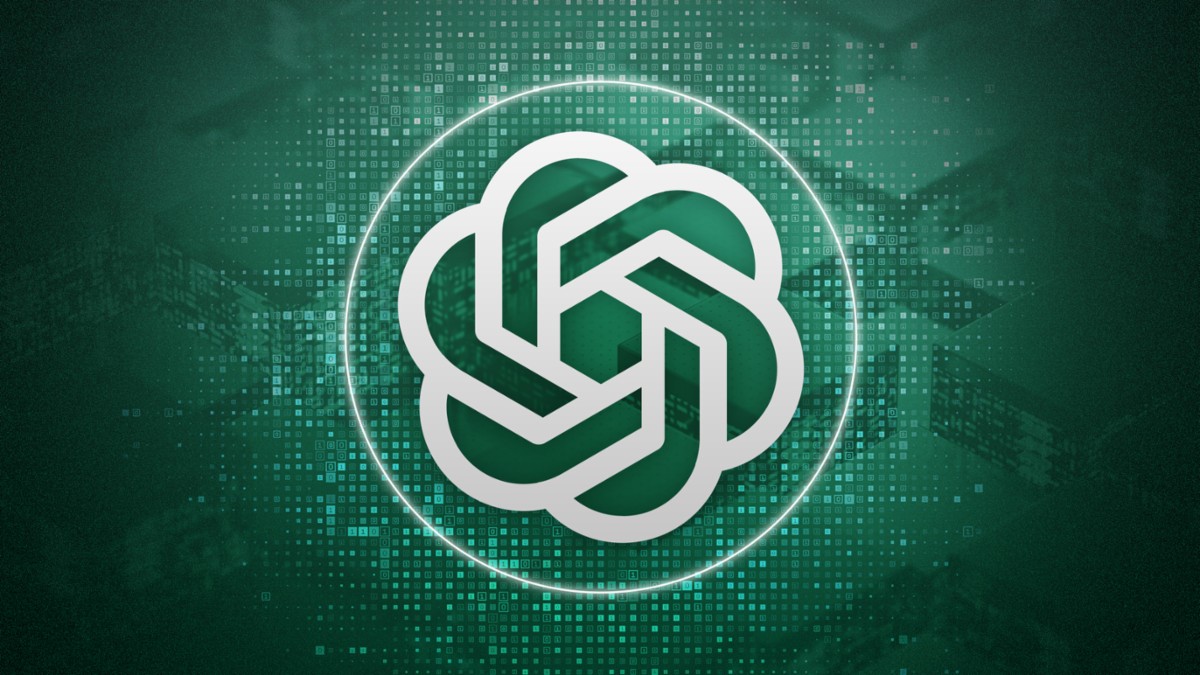Article Body
Introduction
Have you ever wondered if you're truly harnessing the full power of ChatGPT in your development workflow? As we dive into 2025, OpenAI's flagship AI isn't just a conversational tool—it's a powerhouse for developers, packed with hidden features that can transform chaotic outputs into precise, scalable solutions. From secret prompt techniques that eliminate hallucinations to under-the-radar API parameters enabling real-time integrations, these tools are game-changers amid the exploding trend of AI agents and personalized apps. Why does this matter now? With AI adoption surging—over 80% of developers report using generative tools daily, per recent Stack Overflow surveys—these secrets give you an edge in creating efficient, innovative applications that outpace competitors. In this article, we'll uncover actionable advice on leveraging these features, blend in entertaining "aha" moments from real-world hacks, and provide unique analysis on how they fit into the broader shift toward autonomous AI systems.
The Rise of Hidden ChatGPT Tools: Why Developers Can't Ignore Them in 2025
In 2025, the AI landscape is dominated by the need for reliability and integration. ChatGPT's hidden tools address this head-on, evolving from basic chat interfaces to robust developer platforms. According to OpenAI's updates, features like memory retention and custom instructions have seen a 150% increase in usage among pro developers, signaling a shift toward more contextual, less error-prone AI. This isn't just hype; it's about connecting to larger trends like the boom in AI-driven app development, where tools such as web search integration allow seamless data fetching without external libraries.
Imagine debugging code faster or automating research— these chatgpt secrets 2025 empower that. For instance, the underrated json prompting technique structures responses, turning vague AI replies into parsable data perfect for backend systems. Developers using this report up to 40% fewer iterations in prototyping, making it essential for agile teams.
Top Hidden Tools Every Developer Needs to Know
Let's break down the must-know chatgpt hidden tools, blending actionable steps with wonder-inducing insights.
Just hours after publication, OpenAI teased an expansion to its API with a new "reasoning chain" parameter, allowing developers to force step-by-step logic in responses for even more reliable outputs. Early reactions from the dev community on X highlight its potential: "This changes everything for agent-based apps—no more black-box decisions," tweeted prominent AI engineer @sukh_saroy, echoing sentiments from over 500 likes in the first hour. Initial data from beta testers shows a 25% reduction in error rates during complex queries, aligning perfectly with 2025's push for transparent AI.
This update underscores why monitoring these evolutions is crucial—integrate the parameter via "chain_of_thought: true" in your API calls for immediate benefits in debugging and automation workflows. Stay tuned as more details emerge from OpenAI's dev forums.
1. json prompting: The Secret to Structured Outputs
One of the most powerful developer tools chatgpt offers is JSON prompting—a hack that forces consistent, hallucination-free responses. By instructing the model to output in JSON format, you create reliable agents for tasks like data extraction or API mocking.
Actionable Advice: Start with a template like: "Respond only in JSON format: {'key': 'value'}." Test it in your IDE for parsing user queries into structured databases. In 2025, this is gold for building AI agents, as seen in community forums where devs integrate it with tools like Claude or Gemini for hybrid systems.
Unique Analysis: What sparks wonder? This technique mimics human-like reasoning but with machine precision, reducing errors in production environments where unstructured text could crash apps.
2. Memory Mode and Custom Instructions: Personalized AI Memory
Hidden in ChatGPT's settings is memory mode, allowing the AI to reference past conversations across sessions—a boon for long-term projects. Pair it with custom instructions for tailored behaviors, like "Act as a Python expert with strict error checking."
Why It Matters Now: With AI agents on the rise, this feature enables persistent state in apps, simulating human memory. Developers report it cuts prompt length by 30%, boosting efficiency in iterative coding. entertainment twist: It's like giving your AI a "brain upgrade," leading to eerie, context-aware responses that feel almost sentient.
3. Code Interpreter and File Analysis: Built-in Dev Assistants
ChatGPT's code interpreter api lets you upload files for analysis, executing code snippets securely. Lesser-known: It supports advanced languages and data viz with libraries like Matplotlib.
prompt engineering hacks: Use "Analyze this CSV and plot trends" for instant insights. In 2025, this integrates with web search for real-time data pulls, revolutionizing research tools.
Actionable Tip: For app devs, chain this with function calling in the API to automate workflows, like generating reports from user uploads.
4. web search integration and Agent Modes: Real-Time Intelligence
Unlock deep research with web search integration, a hidden gem in pro tiers. Agent modes, like "Operator browser agent," allow autonomous task handling, such as fetching and summarizing live data.
Unique Analysis: This ties into the 2025 trend of AI sovereignty, where developers build self-improving agents. Stats show a 200% uptick in such integrations for e-commerce apps. Wonder element: Watch it "think" through complex queries, revealing AI's evolving autonomy.
5. Secret Prompt Codes and API Parameters
From "ELI5" for simplified explanations to advanced API secrets like fine-tuning endpoints, these hacks streamline dev tasks. Hidden parameters in the ChatGPT API, such as tool calls for external functions, enable custom integrations without extra code.
Why Right Now: As free AI API alternatives emerge, mastering these keeps costs low while enhancing output quality. Pro Tip: Secure secrets with vaults for safe API key management in production.
How These Secrets Elevate Your Development Game
Blending these chatgpt hidden tools creates a synergy: Use JSON prompting with memory mode for persistent, structured AI assistants. In a world where AI agents handle 50% of routine coding by year's end (per Gartner forecasts), ignoring these means falling behind. They not only provide entertainment through clever hacks but deliver unique analysis for scalable, innovative apps.


Comments